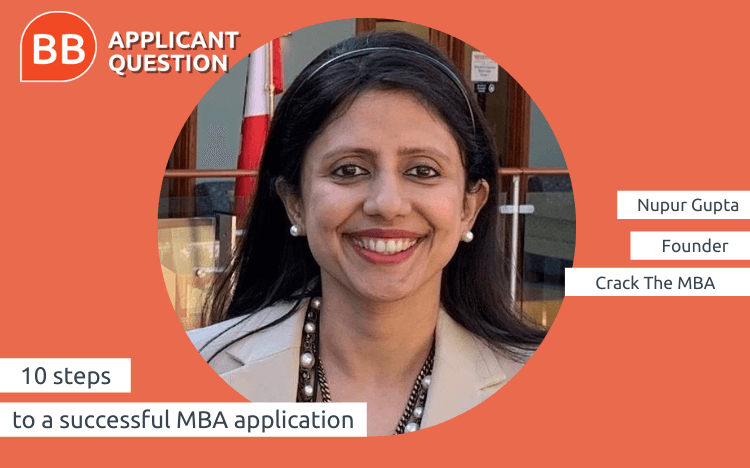4. Establishing career goals
This takes place over six to 60 months.
Like the previous step, career goals can have a broad time range as well.
For some candidates, their journey is well-defined from the start and they know exactly what direction they want to pursue and that’s where they end up going.
For others, the career path can meander and entail uncertainty. There’s no one right way to do things. The end goal is to convey a cohesive storyline that makes sense to the reader.
Even if you did not start out with a set path, you need to make the effort to connect the dots and tell a compelling story.
5. Finding admissions support
This takes place over three to 24 months
If you plan to work with a coach in your MBA application journey, it's a good idea to make this decision early on.
Quality admissions consultants are in high demand, and deciding early allows you your pick of consultant before they reach their capacity. Moreover, it allows you to benefit from the guidance of a coach for a longer duration, which would allow you to limit missteps along the way.
6. Introspection
This takes place over six to 18 months.
This is one of the most important steps in the application journey. Before you begin to write your resumé and essays and seek recommendations, take some time to consider your experience holistically: who are you, and what will an MBA do for your career?
You can start this on your own or you may start this with guidance from your admissions consultant, should you choose to work with one.
7. Preparing your resume
This takes place over six to 12 months.
This is a one-page document that is submitted as part of your MBA application and people generally need several weeks to iterate and arrive at a level where the resume is submission-worthy.
Having a basic version of your resume ready can provide you a leg up in networking, as you may need to share the document prior to conversations with students, alumni and admissions officers.
RECAPTHA :
17
39
4f
a2







